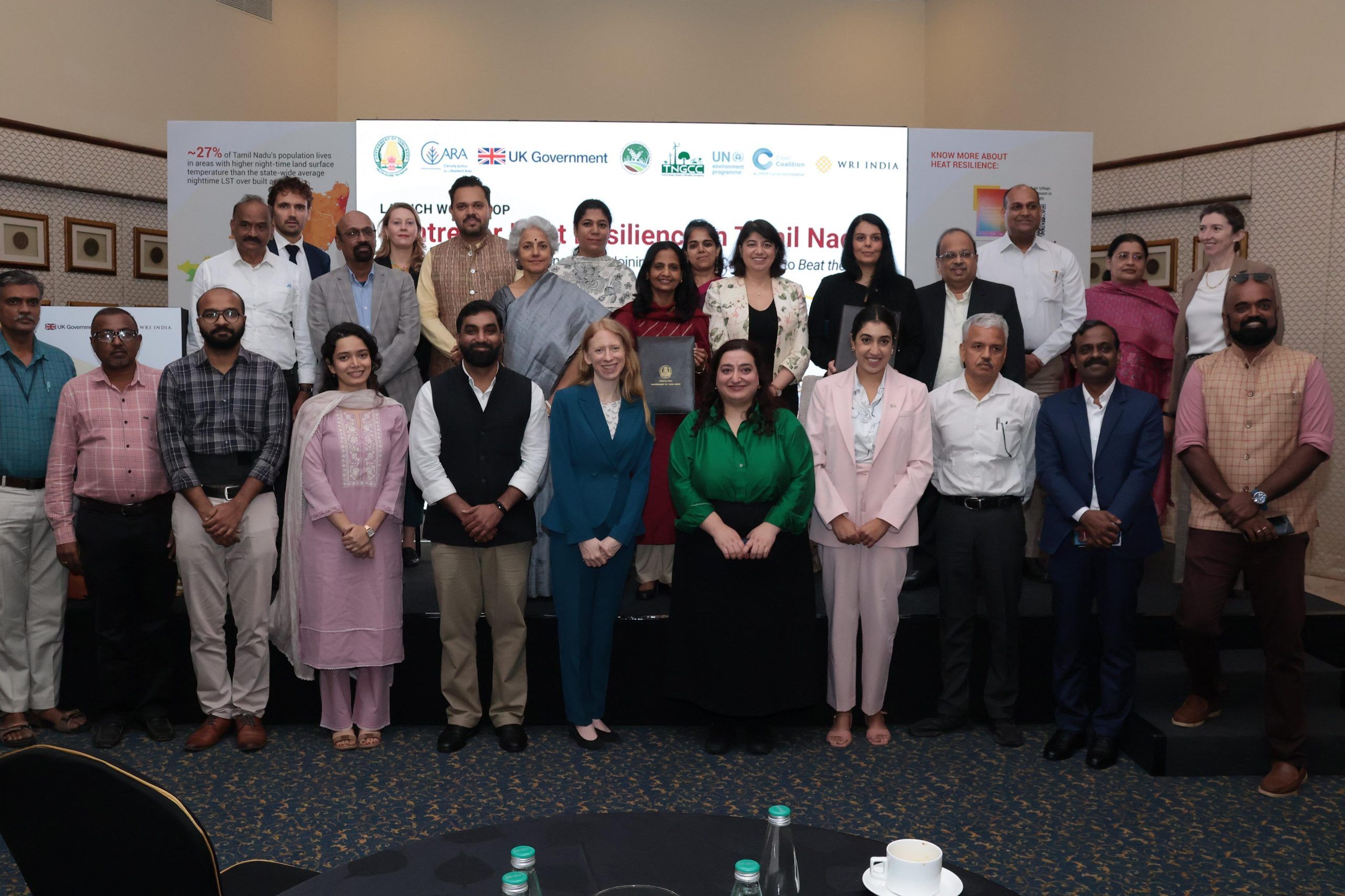By selecting this innovative pay-per-use model, a superior air-conditioning system could be installed, saving an estimated 1,2GWh in energy and 440-ton CO2e in greenhouse gas (GHG) emissions annually.
Air conditioning consumes most of the energy used in the commercial sector, accounting for more than 60% in commercial buildings. “This should lead to the implementation of high efficiency systems, but unfortunately larger upfront costs represent a barrier for such decisions to be made, given that greater value is given to capital resources in the present time,” explains Thomas Motmans, Sustainable Energy Finance Specialist at BASE.
The CaaS initiative is driven by the Switzerland-based Basel Agency for Sustainable Energy (BASE), together with the Kigali Cooling Efficiency Programme (K-CEP) with the aim of reducing energy consumption and GHG emissions from cooling through a pay-per-service model for more efficient cooling systems. CaaS involves building and business owners paying for the cooling service instead of purchasing the infrastructure that delivers the cooling. The technology provider owns the cooling system, maintains it, and covers all operational costs including electricity.
The CaaS initiative is currently implementing various pilot projects around the world to test this innovative new financing model. Although this MGM project in Colombia wasn’t driven by the official CaaS initiative, it’s a good example showing how the model could be successfully applied in practice. For this specific project, given that the system installed within this project consumes half the energy compared to the conventional system initially proposed for this project, the CaaS solution is expected to realise savings of around EUR5 million during the entire lifetime of the HVAC solution.
MGM Innova Group, an active member of the CaaS Alliance, provides integrated environmental, financial and technical solutions that contribute to sustainable energy management and climate change mitigation and adaptation. They manage MGM Sustainable Energy Fund L.P. (MSEF), a private equity fund that focuses on equity and mezzanine financing for projects in the energy efficiency and renewable energy sectors in Latin America and the Caribbean.
Within this project, CaaS was implemented taking into account essential features such as: monitoring and measurement systems that allow charging for the service, contracts that comply with local legislation, and new operation and maintenance models, explained Edgar Botero, Energy Services Director General at MGM Innova Group. “Moreover, the project itself has taught us important lessons about our clients’ idiosyncrasy. They were not used to paying for air conditioning as a service and challenged us to find a suitable manner to communicate the benefits of the model.”
“The overall experience enables us to develop similar projects in the future, following an investment model adjusted to the market and to the expectations of our potential clients,” said Botero. For project developer Aire Verde Ingeniería, having developed the Q Office project under the CaaS model implies the opportunity to implement a highly efficient air-conditioning system without the initial investment costs being a concern for the client. “Usually, construction companies need to deliver a competitive price per square metre, so they seek to reduce every initial cost, the AC system included,” said Manuel Buitrago, Owner of Aire Verde Ingeniería.
By applying the CaaS model, MGM Group carried out the total investment, relieving the client from such expenditure. They managed to install a system with a record efficiency of 0.6kWh/TRh, halving the major operation expenditure (AC system accounted for 60% of electricity consumption). The project also realised benefits for the final users, with additional savings in energy, and in operation and maintenance costs. “In general, the CaaS model allows AC projects to be handled by experts, enabling the users to focus on their core business,” confirmed Buitrago.
“The most remarkable learning is that it is possible to design a project with a multiple number of stakeholders and with benefits for them all,” said Botero. (i) The construction company reduces capital investment, (ii) final users reduce operative expenditures and distraction from their core business, (iii) MGM Innova Group reaches its expected return, and (iv) technology providers meet their sales goals.
According to MGM, its next steps will include the dissemination of the Cooling as a Service model as a solution for the implementation of high energy efficient systems, along with exploring the opportunities to include refrigerants with low environmental impact.
Download the complete case study here: https://www.caas-initiative.org/wp-content/uploads/2020/04/200427_Colombia_new.pdf



